archive
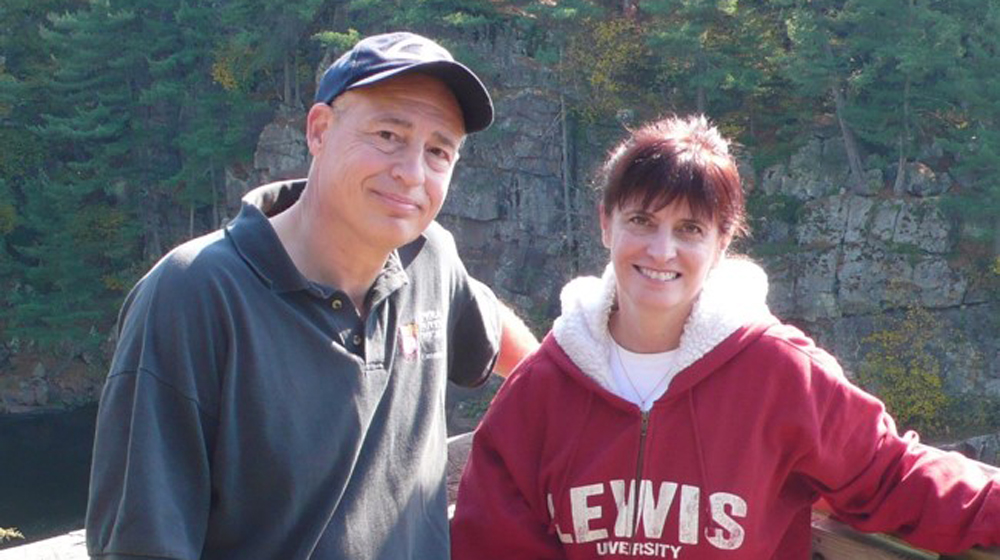
"Civil War Chicago: Eyewitness to History" on October 20th
Professor of History Theodore J. Karamanski, PhD and Loyola alumna Eileen M. McMahon, PhD, will discuss their new book on the Civil War’s transformative role in Chicago's development.
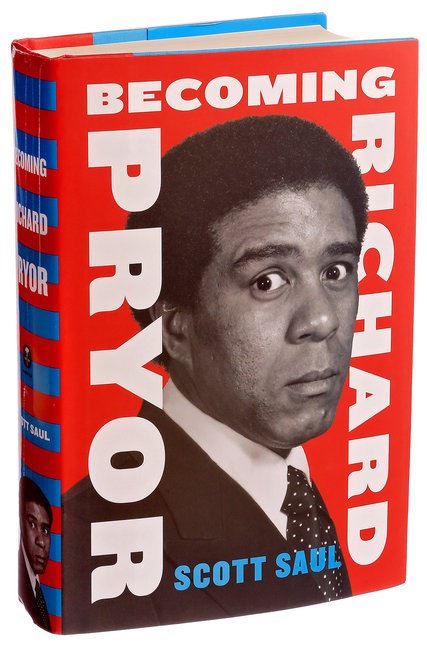
Richard Pryor Biographer to Speak at Loyola
Scott Saul, the author of Becoming Richard Pryor, will give a public lecture on the comedian entitled "Living with Richard Pryor: A Biographer's Tale" on Friday, April 24 at 3 PM.
Timothy Gilfoyle on "The Changing Forms of History"
Should history be a book discipline? What constitutes "acceptable scholarship" in history? Professor Timothy Gilfoyle considers the rich and diverse forms that historical scholarship take from books, digital media, and public history projects in his article "The Changing Forms of History" in April's edition of Perspectives on History, the AHA newsmagazine.

"The Rise of the Nation-Saint" on November 5th
Prof. Kathleen Sprows Cummings, University of Notre Dame, discusses a pre-circulated paper on the efforts of U.S. Catholics to secure their first canonized saint for the third meeting of the 2015-2016 Ramonat Seminar Series.
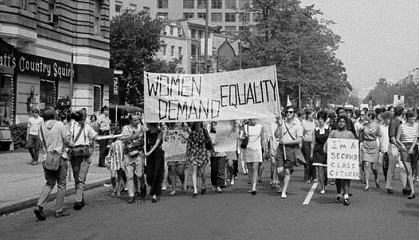
Voices of Chicago Women Activists
Celebrate Women's History Month with the Women & Leadership Archives and the Chicago Area Women's History Council. Come hear multimedia excerpts of oral histories by Columbia College honors students featuring Chicago women activists and leaders. The event will be held on Sunday, March 16th from 2:00pm-5:00pm on the 1st floor of Piper Hall.

What was Chrysler Village and how did it get its name?
Public History graduate students know and shared their work on a historic nomination for the neighborhood with Ask Geoffrey on WTTW the other night.
LEARN MORE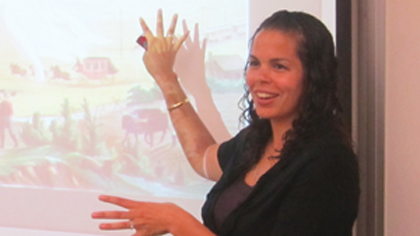
Closing the Gap
Sarah Doherty (PhD '12) reflects on the importance of the Preparing Future Faculty Program in equipping her, and other minority doctoral students, with the skills necessary for a career in academia.
LEARN MOREA Spate of New Books by Recent PhDs
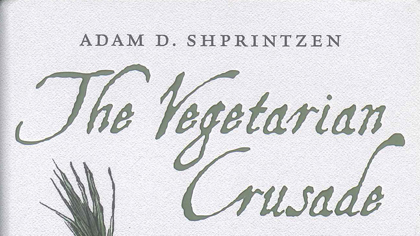
Recent PhDs have been busy publishing impressive monographs of late! On topics ranging from Vegetarianism to the memory of the Great War in Irish culture to the idea of Great Books, these books evidence the rich diversity of scholarship that began as dissertations in our department.
Vegetarianism has been practiced in the United States since the country's founding, yet the early years of the movement have been woefully misunderstood and understudied. Through the Civil War, the vegetarian movement focused on social and political reform, but by the late nineteenth century, the movement became a path for personal strength and success in a newly individualistic, consumption-driven economy. This development led to greater expansion and acceptance of vegetarianism in mainstream society. So argues Adam D. Shprintzen (PhD '10) in The Vegetarian Crusade: The Rise of an American Reform Movement, 1817-1921 his lively history of early American vegetarianism and social reform. From Bible Christians to Grahamites, the American Vegetarian Society to the Battle Creek Sanitarium, Shprintzen explores the diverse proponents of reform-motivated vegetarianism and explains how each of these groups used diet as a response to changing social and political conditions.
In The Great War and Memory in Irish Culture, 1918 -2010, Jason R. Myer (PhD '10) makes a major contribution to the “New Military History” of Ireland and adds the memory of the First World War of one of the “small nations” that emerged in the wake of that conflict to the numerous memory studies that exist for the primary combatant nations (Britain, France, and Germany). One of the most useful aspects of this monograph is that it gives life to the culture of a minority sub-community in Ireland and addresses the challenges this community faced in order to remain active, and the way that community interacted with the majority of Irish people throughout the twentieth, and into the twenty-first century. Therefore, this project is not simply a snapshot of a specific event in Irish history, but examines the way that the memory of the war and those who retained that memory changed and evolved over the course of a century.
From the middle of the twentieth century to today, the Great Books idea has been perennially contested in successive iterations of the 'culture wars.' Whether embraced as the distillation of the best of Western culture or dismissed as hegemonic, elitist, and outdated, it has encapsulated the contradictions of intellectual life and civic culture in the era of American dominance. Drawing on previously unexamined sources, Tim Lacy (PhD '06) casts the Great Books idea in a new light in The Dream of a Democratic Culture: Mortimer J. Adler and the Great Books Idea, arguing that its proponents aimed to support an intellectually robust, consensus-oriented democratic culture. Moving from the concept's origins in nineteenth-century cultural, industrial, and educational initiatives, author Tim Lacy highlights the life and career of Mortimer J. Adler, who moved the idea out of the academy and worked to weave it into social and cultural fabric of the United States. With attention to the frequently changing fortunes of the project and its own inherent virtues and vices, The Dream of a Democratic Culture conclusively shows that neither liberals nor conservatives can claim ownership of the Great Books idea, whose significance has always depended upon usage, selection criteria, and context.
